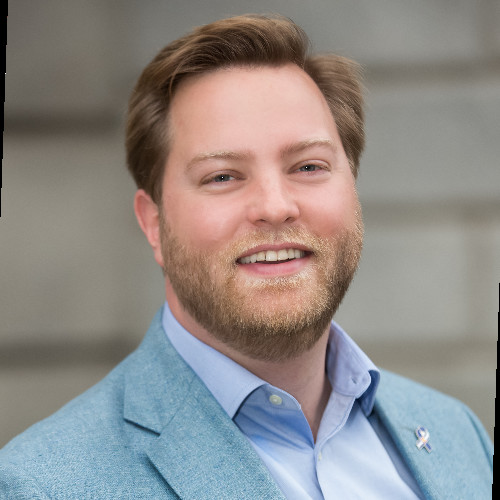Once a solid pillar of American society, free speech seems to be cracking. It used to be an American principle that the everyday American citizen could agree on, a universal given. But recent surveys reveal that this fundamental value is increasingly up for debate, and the speed of this change is alarming.
In a new RealClear Opinion Research poll, nearly half of Democrats are comfortable openly admitting to a stranger over the phone that they support limiting what people can say. A startling 47 percent said that speech should be legal “only under certain circumstances,” and 52 percent of Democrats approved of government censoring social media posts for “national security.” Even more shocking, a third of Democrats believe Americans have “too much freedom.”
By contrast, 74 percent of registered Republicans and 61 percent of independents say speech should be legal “under any circumstances.”
As a pollster, I find these numbers unnerving. People are generally reluctant to share unpopular beliefs with interviewers. That this view isn’t just a silent sentiment but is increasingly becoming mainstream is especially concerning.
Moreover, this ideological shift didn’t take decades; it happened within a few years. According to a Pew Research report released in July that tracks attitudes toward speech since 2018, Democrats and Republicans were at parity on this issue five years ago. So, what’s behind this rapid change?
One cannot help but wonder where these people get their news. What effect are media influence and monolithic news narratives having? What are the sources influencing these views on free speech? I’d wager that these voters aren’t tuning into programs championing free speech.
The fear of counter-narratives is palpable. California Gov. Gavin Newsom recently labeled free-speech advocates Joe Rogan and clinical psychologist Jordan Peterson as “micro-cults” after reporting that he was worried his son was listening to them and others, suggesting an underlying apprehension toward people with large platforms and viewpoints that cannot be easily controlled.
Of course, as anyone familiar with their content knows, the worst Newsom has to fear is his son learning to make his bed or adopting Petersen’s rule, “Stand up straight with your shoulders back,” from his book “12 Rules for Life.”
Events like suppressing of the New York Post’s coverage of the Hunter Biden laptop in 2020 may have given some Democrats a taste for power. Do they now see a long-term electoral advantage in controlling speech and information?
While some Democratic voters appear to champion governmental control over speech, would they feel the same if a Republican were in the White House? The allure of controlling narratives might seem enticing now, but the pendulum of political power never stays still.
Not all hope is lost. Some media outlets are sounding the alarm on this worrisome trend. The New York Times Editorial Board published an article decrying cancel culture last year. The board stated, “For all the tolerance and enlightenment that modern society claims, Americans are losing hold of a fundamental right as citizens of a free country: the right to speak their minds and voice their opinions in public without fear of being shamed or shunned.”
The Times Editorial Board commissioned a poll that found 55 percent of respondents reported holding their tongue over the past year because of a fear of backlash. Furthermore, it found that Republicans were more likely to self-censor than Democrats. As the editorial concluded, almost in disbelief: “The full-throated defense of free speech was once a liberal ideal.”
The rapid shift in the views of Democrats against free speech is alarming. It raises critical questions about the influences reshaping these perspectives and the speed at which this change is happening. It’s a conversation we need to have, openly and honestly, before it’s one we can no longer have.


